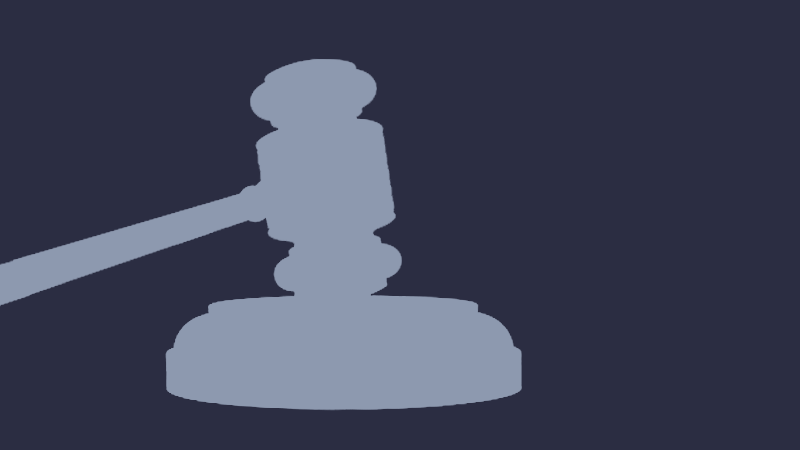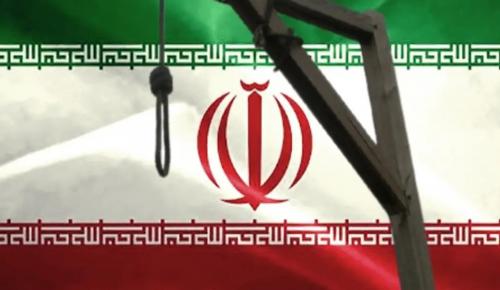07 January 2008 :
Why have I abolished the Death Penalty?It is to this question that I would like to give an answer by way of a preface to the work which is the annual Report for 2005 of the humanitarian organisation Hands Off Cain.
First of all, allow me to thank from the bottom of my heart the Directors of the prestigious institution directed by Ms Emma Bonino, European Deputy and unrelenting campaigner for Human Rights.
In fact, the double choice which fell upon me to, on the one hand, receive the Abolitionist of the Year Award 2005, and on the other hand, deliver a message by way of a preface for this work, constitutes a gesture of intellectual esteem which goes straight to my heart.
The human person is sacred. It is inviolable. This deep conviction, which goes back to the first years of my swearing-in as Lawyer of the Bar at Besançon and all along my career as jurist, lawyer and academic, nourishes the intention of forever removing this iniquitous punishment from the legal arsenal of my country.
This is why, on the 15th July 2004, I did not hesitate to make a solemn declaration to the people of Senegal, and in front of the Council of Ministers of my Government, to ask for the pure and simple abolition of the death penalty.
Senegal has a long tradition of dismissing the death penalty despite the provisions of Article 7 of the Criminal Code of our country. This is why, after its accession to international sovereignty in 1960, the legal system of my country only applied the death penalty on two occasions: a first time in 1967, and a second and last time in 1968.
My predecessor, President Abdou Diouf, had vowed never to apply the death penalty.
From then on, one can easily understand why, upon my accession to the highest office in the land, I could not do less than the first two Presidents of the independent Senegal.
As an academic, lawyer and campaigner for human rights, I had to go further in order to ensure that the death penalty would never again be applied in my country.
Amongst our socio-cultural and traditional values, life is considered to be a gift from God, who, alone, is authorised to take it back. And the supreme traditional sanction for serious crimes was banishment, which consisted of society forever renouncing and rejecting the culprit from the community.
This concept is moreover widespread in black Africa. Other African countries should be inspired by this scale of inviolable values and suppress the death penalty from their respective legislations.
Nowadays, the international community has clearly understood this is a remnant of another age, an understanding that fully supports the legitimacy of such a battle.
Like the poet Victor Hugo, prince of abolitionists, I think that “there is no need for an executioner where the jailer suffices” and that society should not “punish to revenge itself, it should correct to become better”.
The death penalty often smites the people who are without defences, without resources and without resorts. It is sometimes pronounced at the end of procedures that do not present guarantees of a fair trial, with possible legal errors which have irreparable consequences for the family and for society.
My long experience as a practitioner of law allows me to think that no jurisdiction is sheltered from legal error, while at the same time death extinguishes all means of an appeal.
Justice has to remain human and balanced so that it can be in accord with God’s mercy which offers man the possibility to repent.
One has to realise fully these principles which sanction the most fundamental right of man, without which the use of the other fundamental rights and freedoms would be an illusion.
Men and women, and above all minors who are destined to die as a punishment for having committed crimes, are neither monsters, nor sui generis beings in any way. They are the logical and natural products of our societies as they function on the endogenous plane as well as the exogenous one.
It is upon our societies that one must act so that they no longer have the environment to generate deviants and dropouts.
From this point of view, on the national scale as well as on the international one, it is about fighting against misery, obscurantism and ignorance, but also about ensuring the full and total integration of all minorities, be they ethnic, cultural, political or religious. A completely different solution, notably that which tends to systematically suppress lives, would only attack the manifestations of evil, putting aside its deep roots.
Politics is a space of freedom where free men, who believe in man and in human dignity, act.
This is why I have placed an optimistic bet on the human being, in all that he holds most beautiful and greatest, while leaving the rest up to the immense mercy of the supreme creator of the universe.
Abdoulaye Wade
President of Senegal
June 2005






